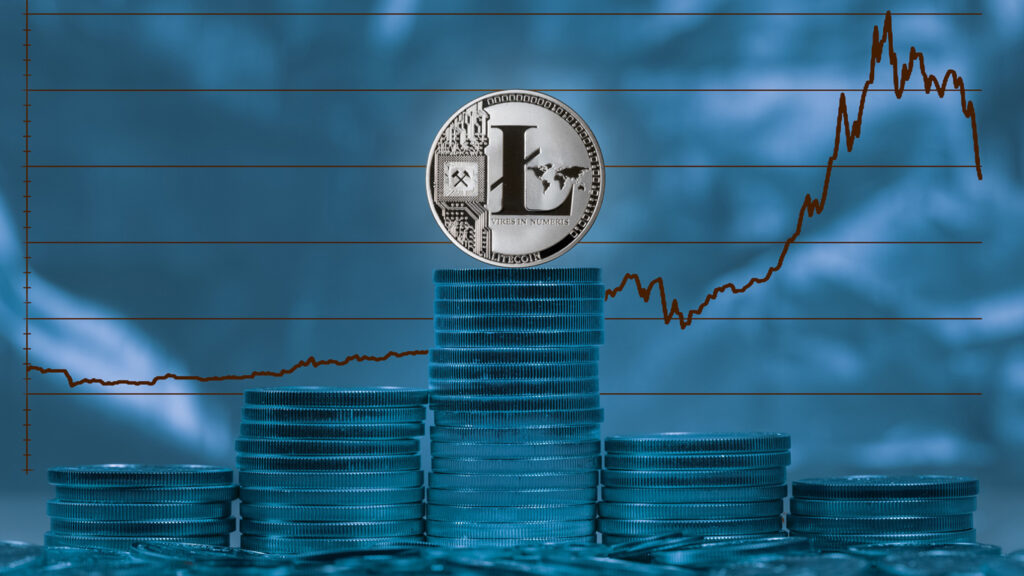Initial Coin Offering (ICO) is the new financing model in the world of digital currencies. Companies generate capital through multi-investor investments – much like crowdfunding. At the ICO, investors buy with fiat money (such as euros or US dollars) or another cryptocurrency (e.g., Bitcoin) a digital currency which is newly emitted by the financed company. This can be utility or security tokens.
Investors are buying cryptocurrency, which equivalent strictly speaking, doesn’t even exist at this very early stage. Because only when the project is successful, the value of the token increases. To help potential investors to assess whether the investment is profitable and sustainable, the company summarizes its project in form of a “white paper”, a collection of ideas and description of the project.
In first instance, a community has to be created that is convinced of the idea and supports the project with its investment. In addition, the document determines how many tokens will be distributed to investors at the most and which part will apply for financing of the business model.
This should be noted by ICO investors
However, there are also black sheep among the ICOs. This is mainly due to the fact that the technology behind is mostly incomprehensible to laymen. In addition, there are no rules and regulations that could possibly prevent fraud. Even Wolf of Wall Street Jordan Belfort, who himself was imprisoned for fraud and money laundering, recently warned about Crypto IPOs – even if the majority is pursuing honest intentions, a disaster threatens due to the few black sheep. In fact, investigations are underway against those companies. But these are rather exceptions. If you want to invest in ICOs, you should first look at the project and answer a few questions:
- Which company and people are behind the project?
- Is the business model coherent and unique?
- Can money be made with this model?
- Is the technical infrastructure adequately guaranteed and secure / Who is responsible for the technical implementation?
- Are the financial resources of the actors enough to finance the project?
- Which currency does the ICO accept for token exchange?
- What can I do with the new currency?
- Does the project have a social benefit?
- Which known participants already invest in the project or are there well-known advisors who support the company?
- For what period of time is the project created?
- Is there an official wallet (digital purse) for the new currency?
But even if, after analyzing the above criteria, you see your investment object as trustworthy, financial experts emphasize again and again that the cryptocurrency business generally carries a high degree of risk. While the price of new currencies can rise immensely in a short time, also the reverse can happen, it isn’t unlikely that you can lose all of your capital within a day.
Nevertheless, more and more investors – including many layman – are venturing to invest their money in various ICOs. Only in 2017, the amount was more than 3 billion US dollar (source: www.coinschedule.com/stats.php; of 11/09/2017). So it’s hardly surprising that new ICOs are springing up like mushrooms. There are already over 200 ICOs – and the number is rising.
State regulations
While traditional capital markets are subject to various regulations, those aren’t yet available for ICOs – at least not comprehensive. Initially, government agencies have been holding back, but now more and more countries are stepping in to better control the system.
A quick overview:
Japan
- Cryptocurrencies are accepted as means of payment and are even promoted in the retail trade
- The Japanese stock exchange Bitflyer is the largest Bitcoin exchange in the world
- Since October, Japanese cryptocurrencies have to keep minimum conditions
- In planning: JCoin, a separate Japanese cryptocurrency (2020)
China
- Regulators banned ICOs in early September 2017 and closed existing trading platforms
- The reason for this is the concern that Bitcoin allows illegal trades and investors could bypass capital controls
- In future, licenses for virtual marketplaces will be awarded
- The currency Bitcoin is still allowed
Korea
- Like China, South Korea limited issuance of new currencies via ICOs in September 2017
- Previous cryptocurrencies continue to exist
Russia
- Russia, as well, wants to regulate cryptocurrencies for the moment
- However, digital currency trading should be fundamentally possible and based on existing legislation
Switzerland
- Crypto Valley: Here, start-ups can turn real money into virtual money for their projects
- Financial supervisors have announced that they will take a closer look at ICOs in order to expose fraudulent intentions.
Germany
- Virtual currencies are accepted as “private money” in Germany – they aren’t considered as legal means of payment
- Everyone may use them as a medium of exchange, for electronically transfer, store or trade, but not commercially
USA
- Up to now, regulation only exists in New York: everyone who deals with cryptocurrencies needs a license. Not affected are those who only buy digital money.
- Further regulations are intended to prevent money laundering, e.g. by identifying everyone who transfers large sums of money







